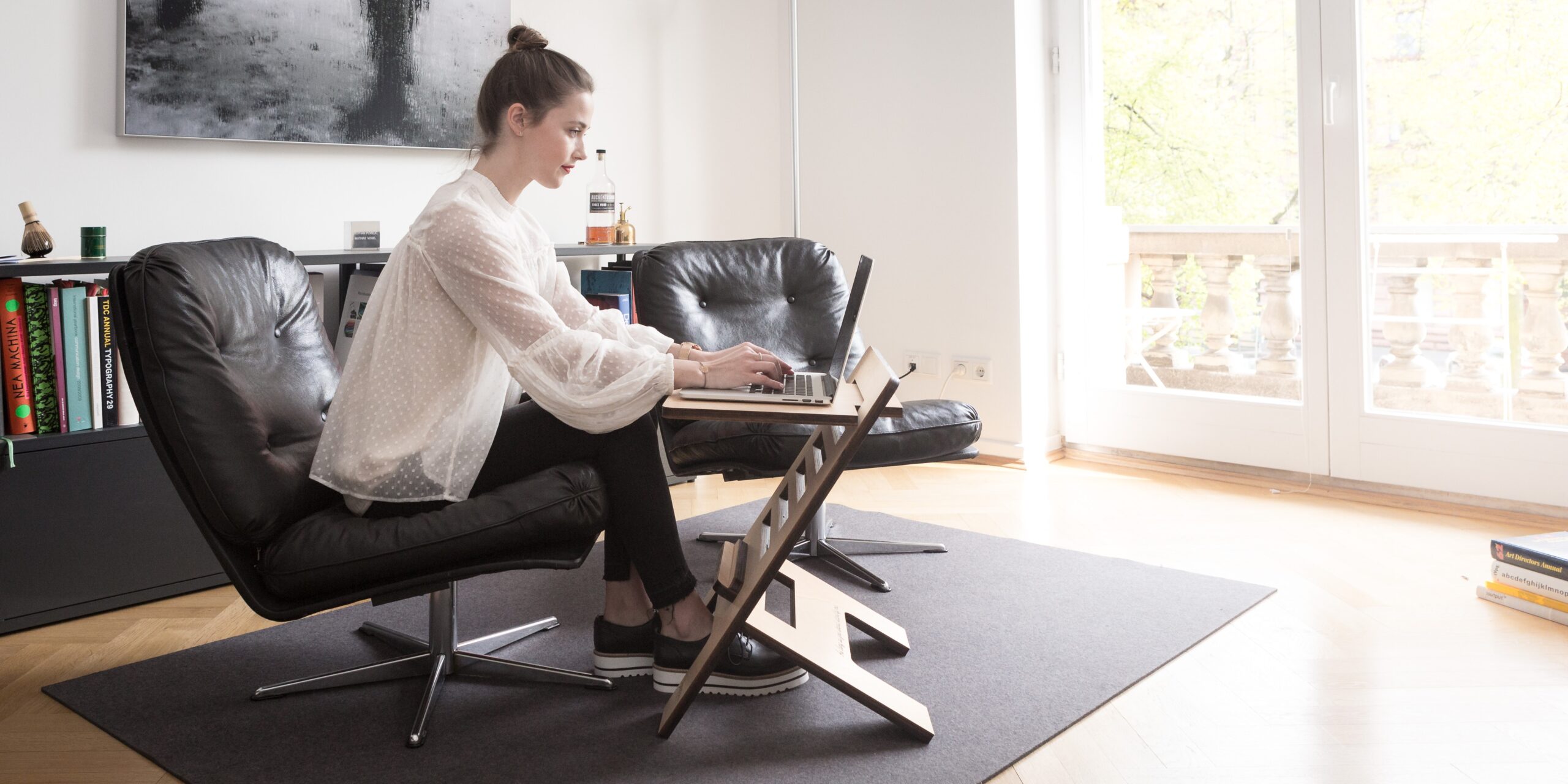 BBC News
BBC NewsBorrowing was £17.4bn last month, the second highest October figure since monthly records began in 1993.

The shift towards hybrid working is a welcome one for many, as the pandemic has made people re-evaluate their needs and priorities in the workplace. However, research from the real estate company JLL shows that 48% of workplaces in Europe, the Middle East, and Africa are not ready with future work plans that will fit the needs of their employees.
88% of employees want hybrid working according to JLL, and with the current shortage of applicants companies need to do all they can to attract and keep quality talent. This will mean providing technology to keep workers connected, upgrading office spaces for those who choose not to work from home, and investing in programmes which put employee wellbeing first. JLL’s CEO of EMEA Work Dynamics Mark Caskey explains how workers’ needs are changing.
“We’ve talked about wellbeing of the workforce before. It remains one of the top priorities of employees yet a third don’t have access to such an offering in the workplace. Organisations that create truly regenerative workplaces that make their people feel safe, energised, and motivated will have an edge. Spaces for collaboration and socialisation, relaxation, as well as healthy food and outdoor spaces present the biggest opportunities for employers to support their workforce,” Caskey says.
Another consideration is the irrefutable issue of climate change. Companies should desire a movement towards sustainability for the simple fact that we all live on the same planet – and many do. For those that are not so convinced, it should be known that lack of meaningful action by property holders on this issue can have a major impact on the value of their real estate. Tom Carroll, who heads Real Estate and Strategy for EMEA at JLL realises that climate action is now a top priority.
“Sustainability must be at the top of the corporate priority list. Organisations are motivated to act responsibly towards employees, communities and society at large. We’re now in an era of responsible real estate,” Carroll says, “COP26 confirmed the scale of the challenge, and if I was to pick one trend that will have the deepest and most lasting change in our industry, it would be sustainability and the rise of environmental, social, and governance factors (ESG).”
Employees today demand a workplace dedicated not only to their own wellbeing, but that of the planet and their fellow humans. If companies want to have a flourishing, sustainable workforce full of the best talent their industries have to offer, they must also be committed to practices which allow their employees to flourish and which sustain the planet. Mark Caskey sums it up best.
“Hybrid is here to stay and it’s now up to organisations to integrate and optimise flexible working into their future of work programmes,” Caskey says, adding that, “Today’s employees want more: technology that keeps them connected, buildings that are truly sustainable, and employers that prioritise their health and wellbeing. Forward-thinking organisations have already stolen a march on the rest of the competition by seeking to address this trend now.”
Source: https://www.jll.co.uk